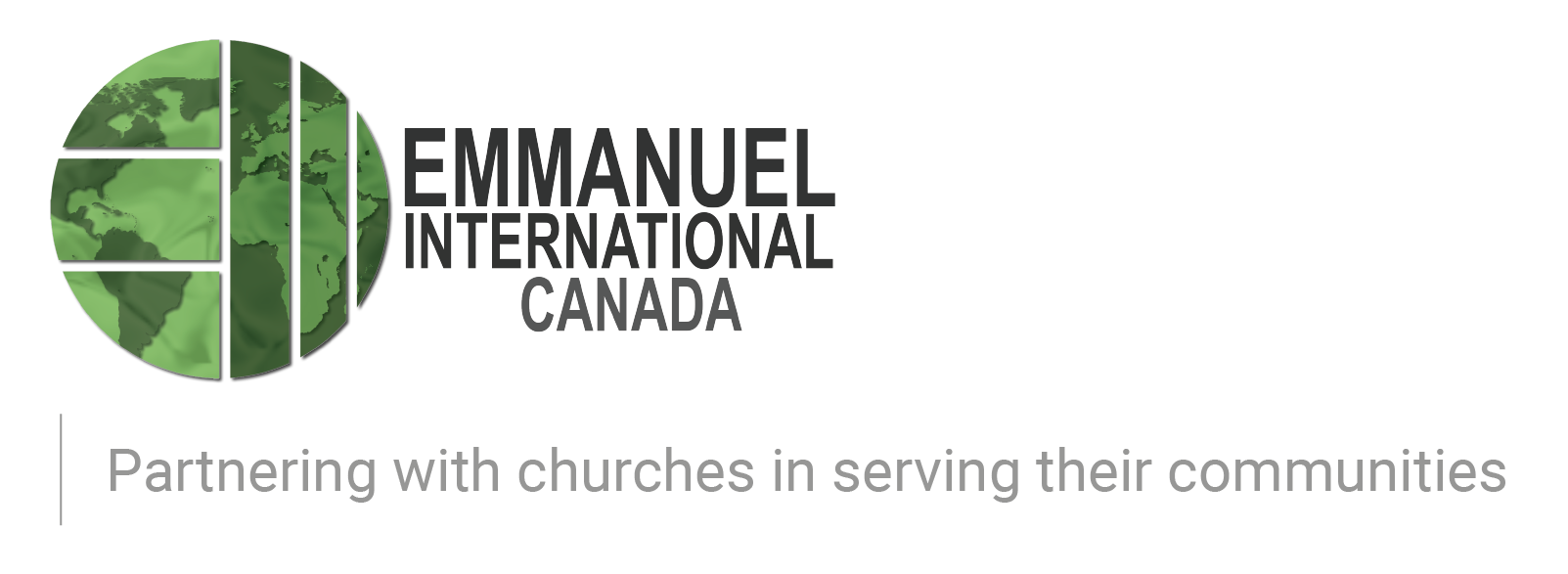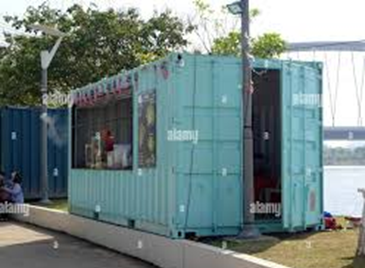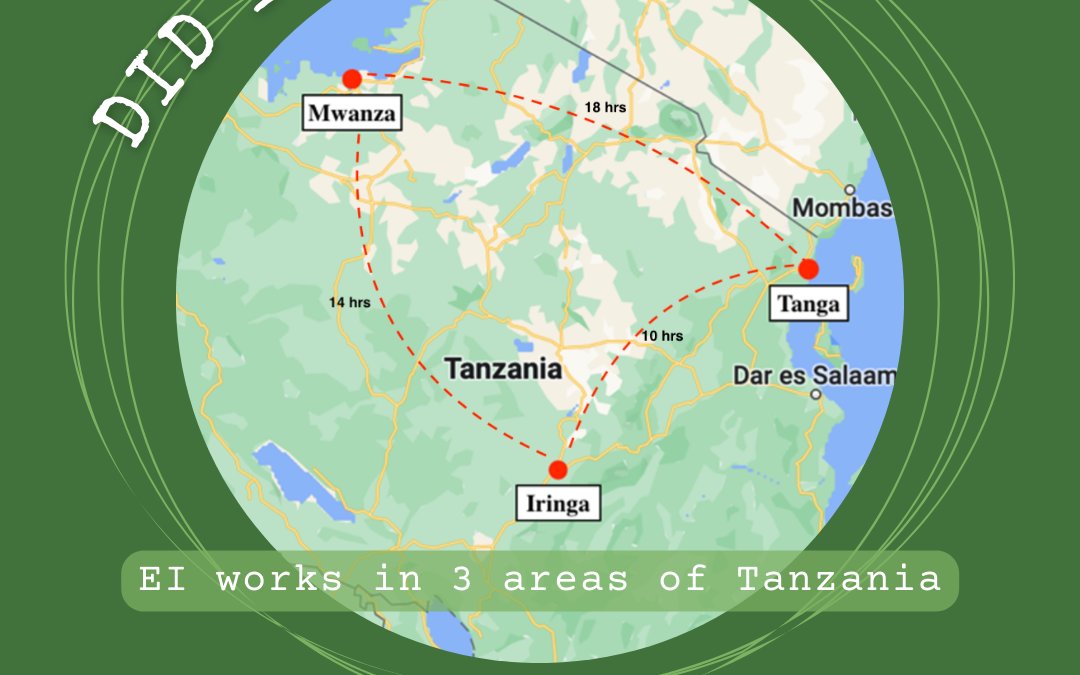The concept of the innovation is simple: to demonstrate up-to-date farming knowledge and practices to those who need it most, using a variety of methods. In addition, techniques to maximise farming productivity during dry seasons will be demonstrated. This concept came about as a result of a number of discussions with our partner communities about entrepreneurship, adapting to climate change and understanding the position of women in farming in the Lake zone of Tanzania.
In late 2020 , when the world was experiencing a global pandemic, Tanzania, although not locked-down, was suffering from a different epidemic; the spread of mis-information.
Fake videos of the unfolding pandemic and following vaccine rollout started spreading widely, even among EI’s faithful church partners. The desperate search for the truth left so much confusion in the country that no-one knew who to believe.
This gave EI Tanzania missionary Simon Ewing an idea of how EI could respond to the effects of this mis–information, not just in the area of health but also agriculture and small scale business. Since 65% of Tanzania’s population are rural subsistence farmers, and illiteracy rates are higher in that group, promoting new ideas would need to take a different form.
As COVID was preventing workshops and in-person trainings from happening, Canadian NGO Thrive responded by producing a video-based organic farming curriculum, to allow its global network of students to keep learning. EI proposed a Kiswahili translation of the video curriculum would massively benefit the health and finances of partner communities and Thrive obliged in creating the Kiswahili version. Organic farming practices, although requiring a change of mindset, are attractive to subsistence farmers because they don’t require harsh chemical pesticides or expensive fertilizers to get a good harvest, saving money and improving dietary health.
The solution to delivering the curriculum came when EI Tanzania (EITZ) visited an agricultural fair, known locally as Nane-nane (pronounced “na-ney-na-ney”, meaning 8th August, the Tanzanian Farmer’s day holiday). Holding a fair is a great way of getting people to see new technology but getting them to try it is another challenge altogether. What about taking the fair to the village?
EITZ proposed the idea of a learning hub, in the heart of the community, where farmers can come and learn, try new technologies, watch videos in their native language and share their knowledge and ideas. The KWETU-hub concept was born. (KWETU stands for Kituo cha Wakulima na Elimu ya Teknolojia ya Urahisi, translated as Centre for Farmers and Appropriate Technology. Kwetu is also Kiswahili for “Our place”).
Three locations were chosen to pilot this innovation. In the coming months several women will be identified as lead farmers and trained to run and operate three KWETU hubs. The role of women in agriculture in Africa is often overlooked in project design.
In our research we discovered many of the inequalities come from cultural oppression, even when national laws are progressive and, for example, allow and encourage women to own land, cultural barriers stop women from even thinking about it. To tackle some of these gender barriers a locally run gender CBO Action for Women Organisation (AWO) will provide gender-focused training and mentoring in the communities. AWO’s involvement is an integral part of ensuring the success and ongoing impact of the innovation.
The hubs will provide much more than agricultural demos. Some of the other technologies provided by the hubs include:
- Seed planters: These lightweight, hand-held tools allow farmers to quickly and accurately plant their seeds at regular spacing, increasing planting efficiency.
- Cassava press: It can take many days to dry cassava roots after they have been soaked to remove their poisonous juices. Using a press can reduce this time allowing more to be processed and stored in less time.
- Solar water pump: a small portable irrigation pump can reduce the burden of hauling water buckets during dry seasons, and improve the yield of farms year roundyear-round, for zero running costs! Nine demo plots will be overseen by our technical partner Simusolar.
- Drip irrigation kits: When you have hauled your irrigation water long distances you don’t want to lose most of it to evaporation or watering weeds. Drip irrigation kits precisely deliver water to the roots of the crop, saving water, effort, reducing weeds and building healthier plants.
The hubs will be an entry-point to the whole community for newly introduced innovative solutions, thereby increasing acceptance, sustainability, and scaling of those innovations. The ultimate goal will be to equip women farmers with the ability to test and validate innovative technology and practices themselves in a sustainable and gender sensitive manner.
Both EI Canada and EI Tanzania are excited to start this next journey in testing this innovation with plans to upscale it in the future to other EI countries. Pray with us as we head into this short testing period.




Leave a comment
All comments are moderated before being published.
This site is protected by hCaptcha and the hCaptcha Privacy Policy and Terms of Service apply.